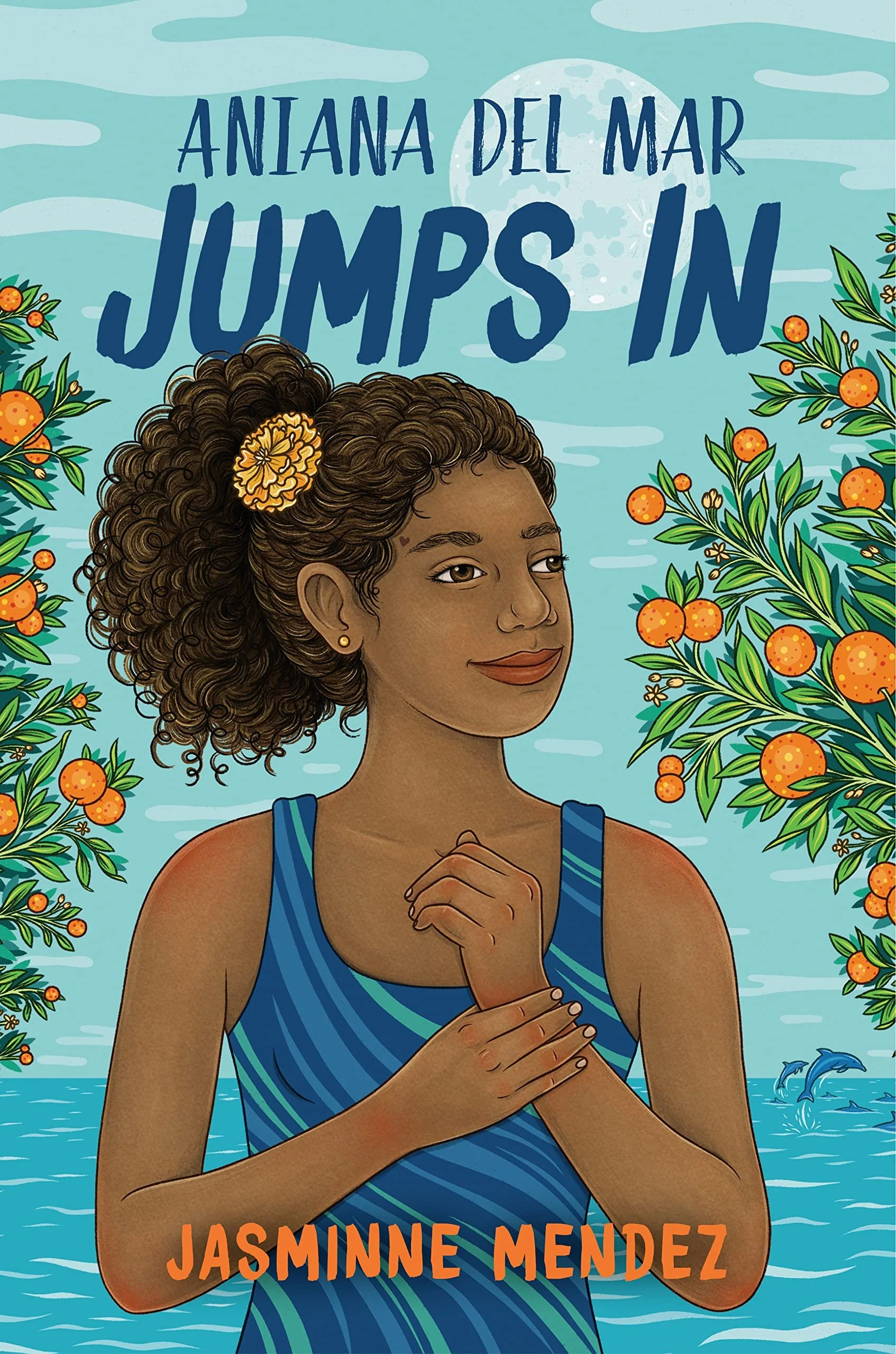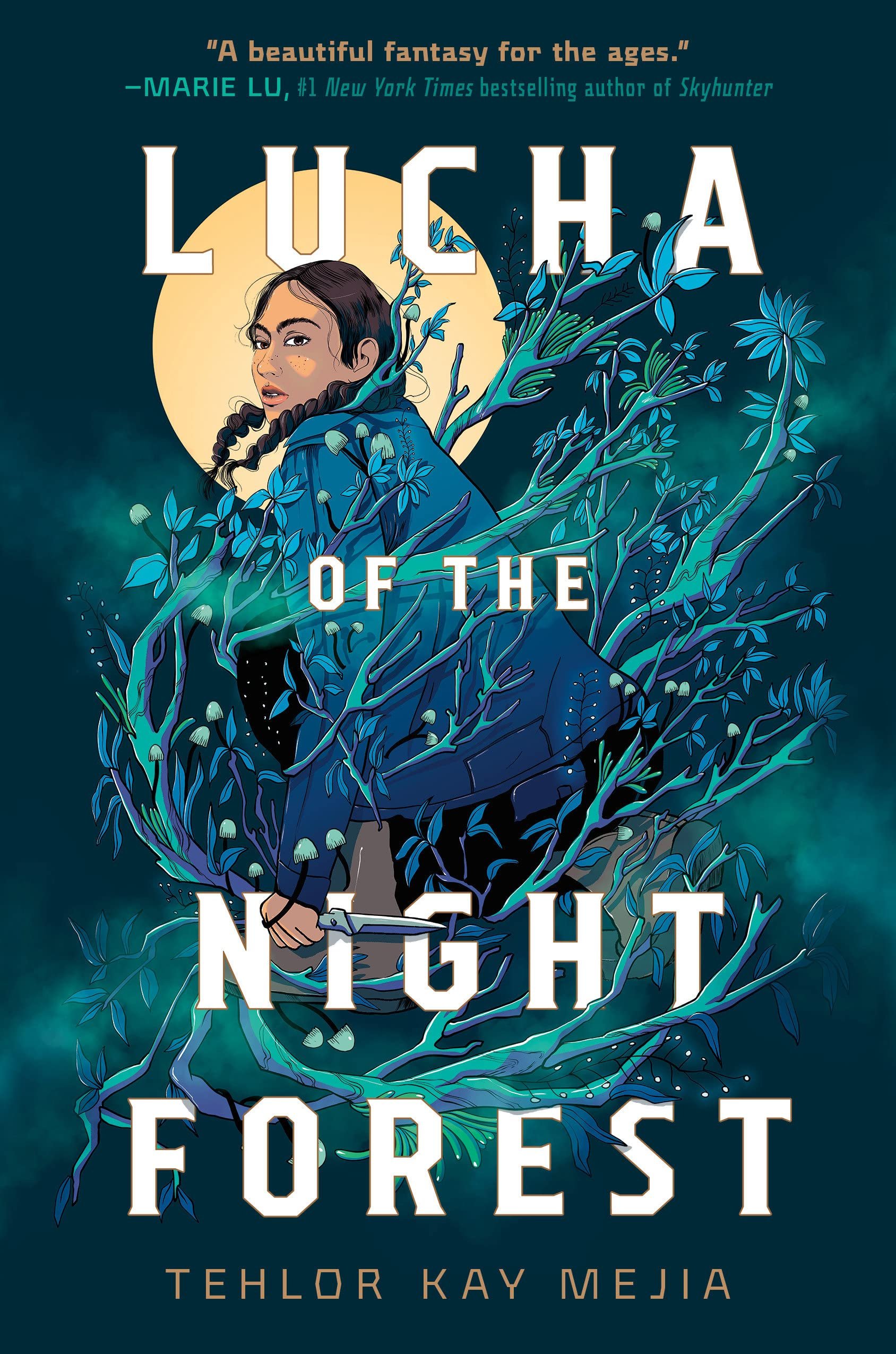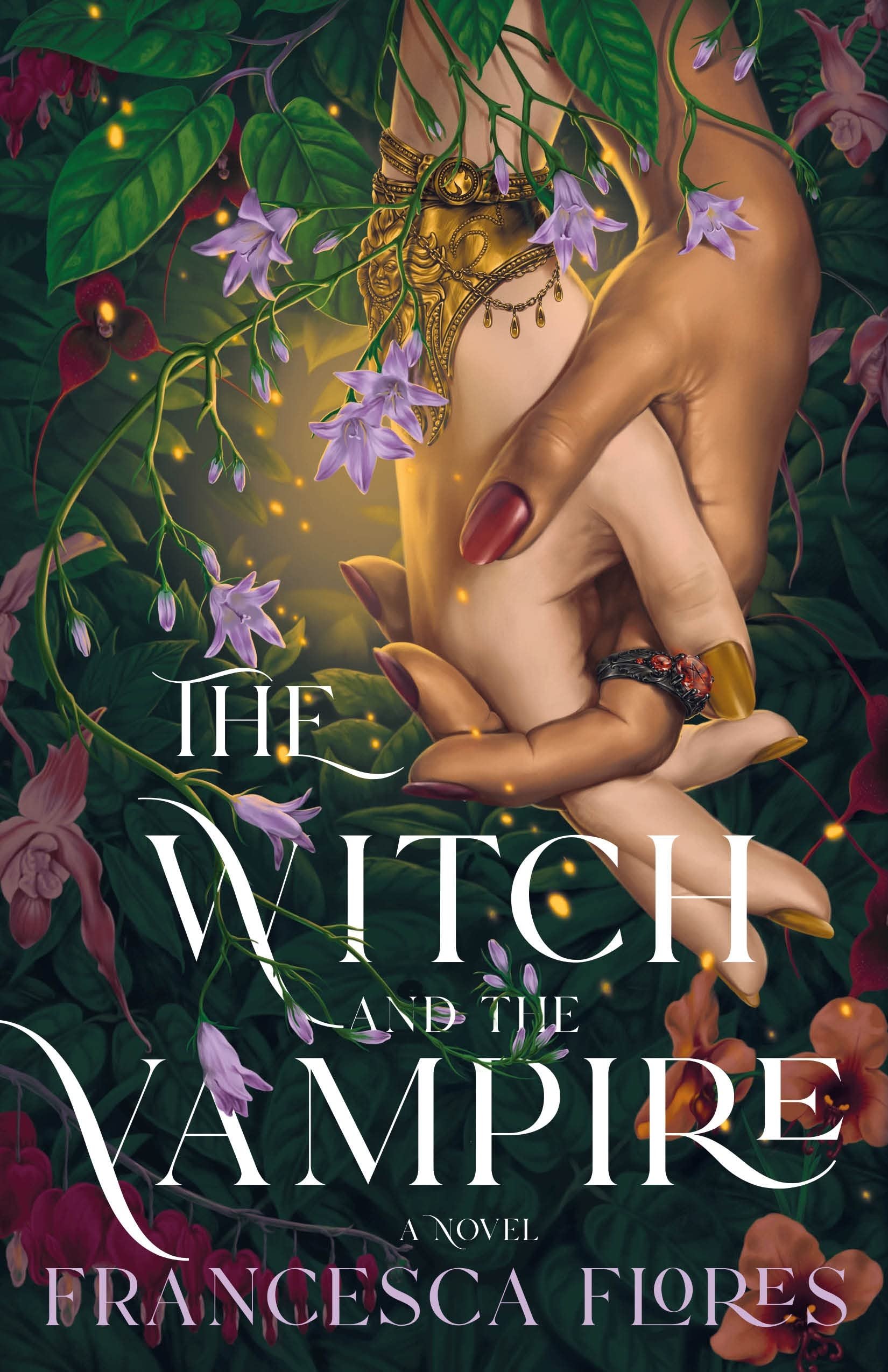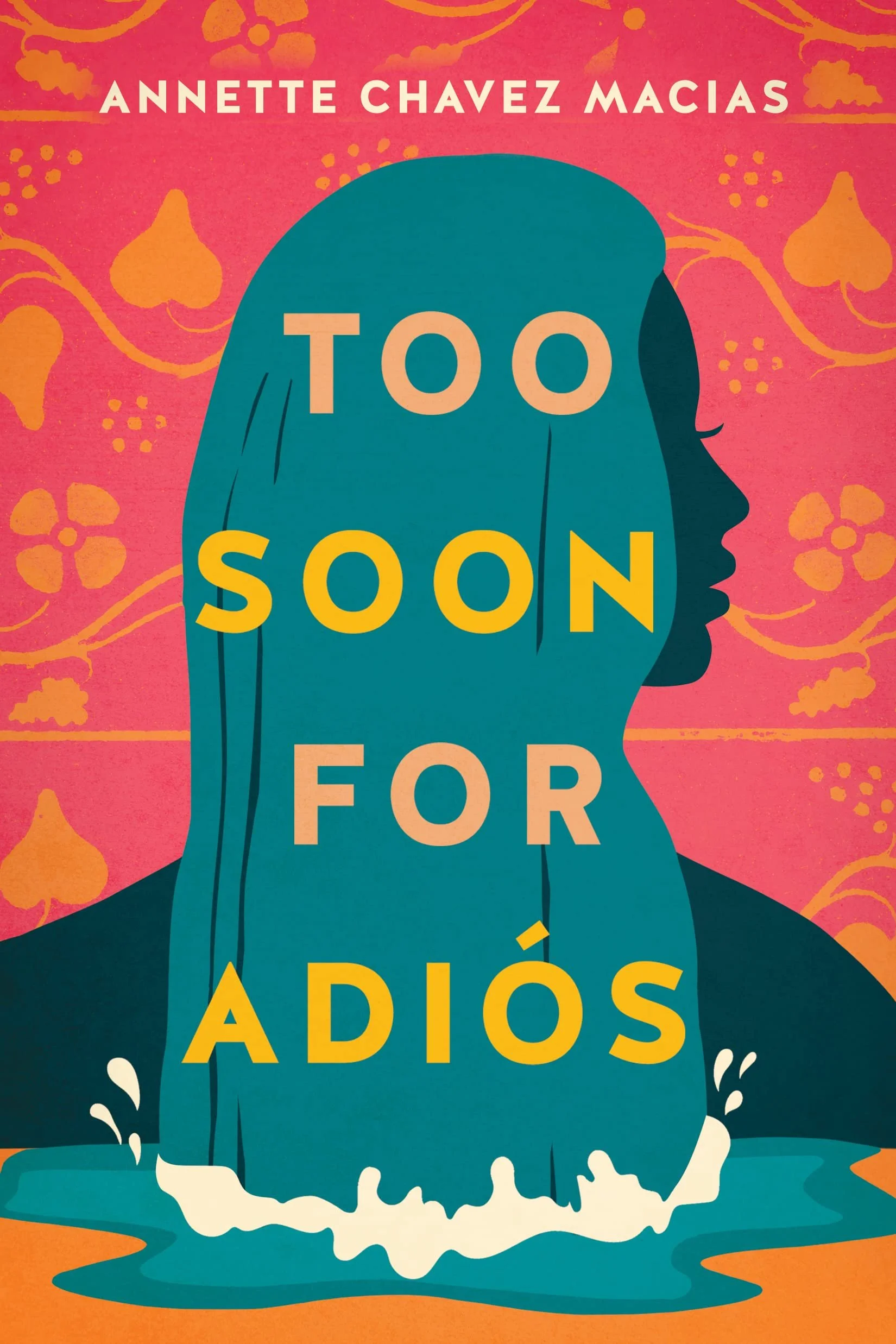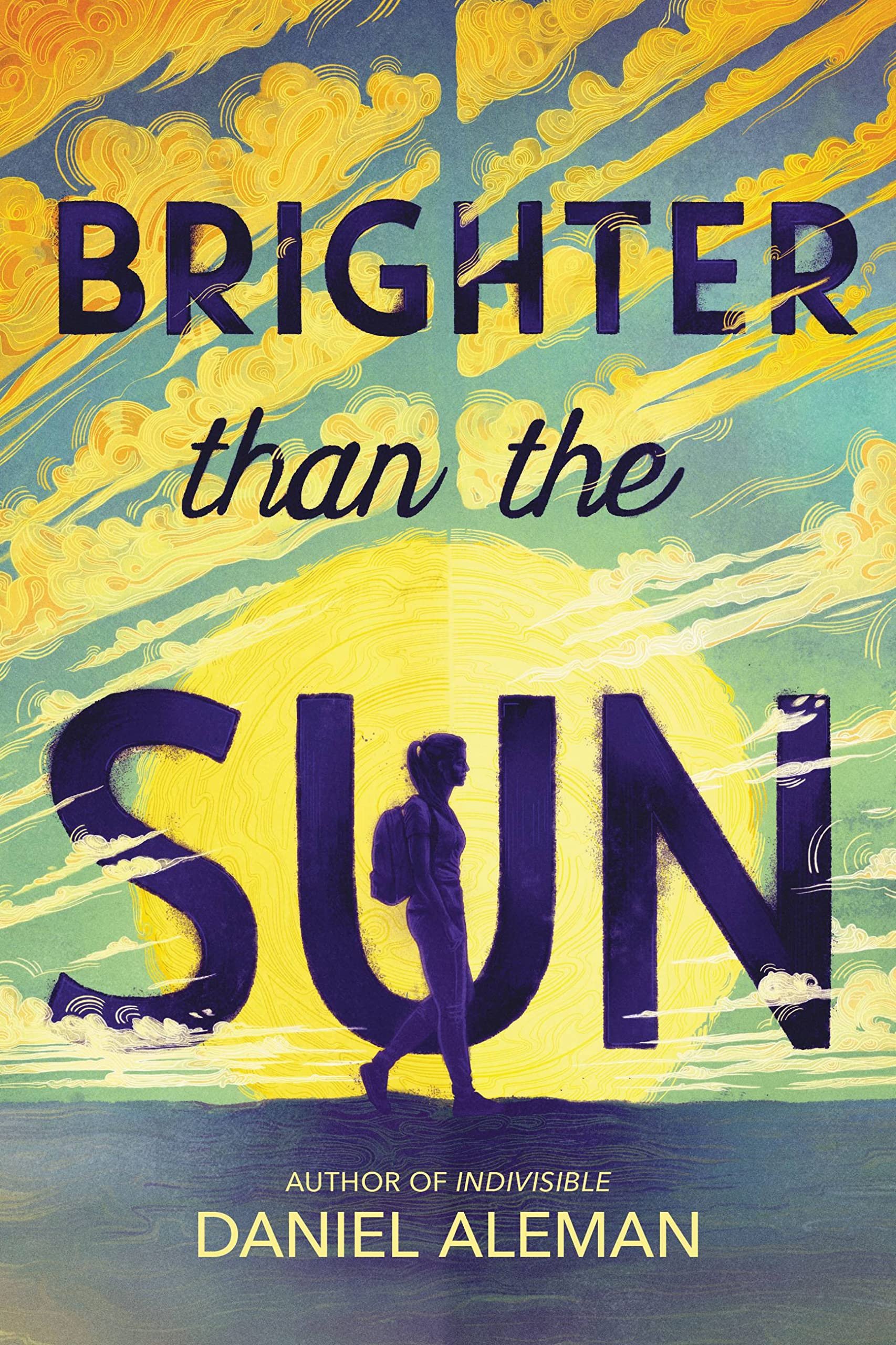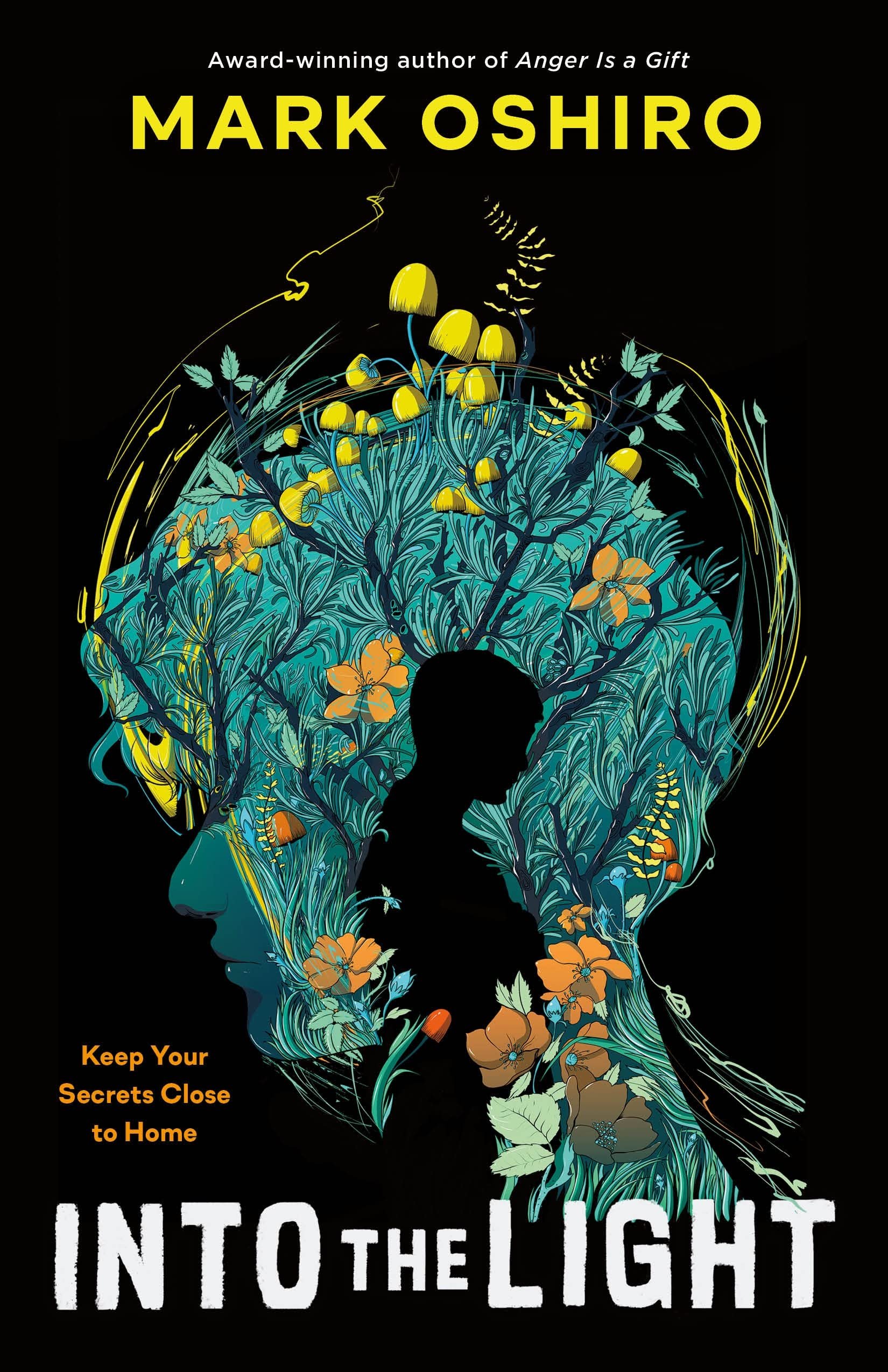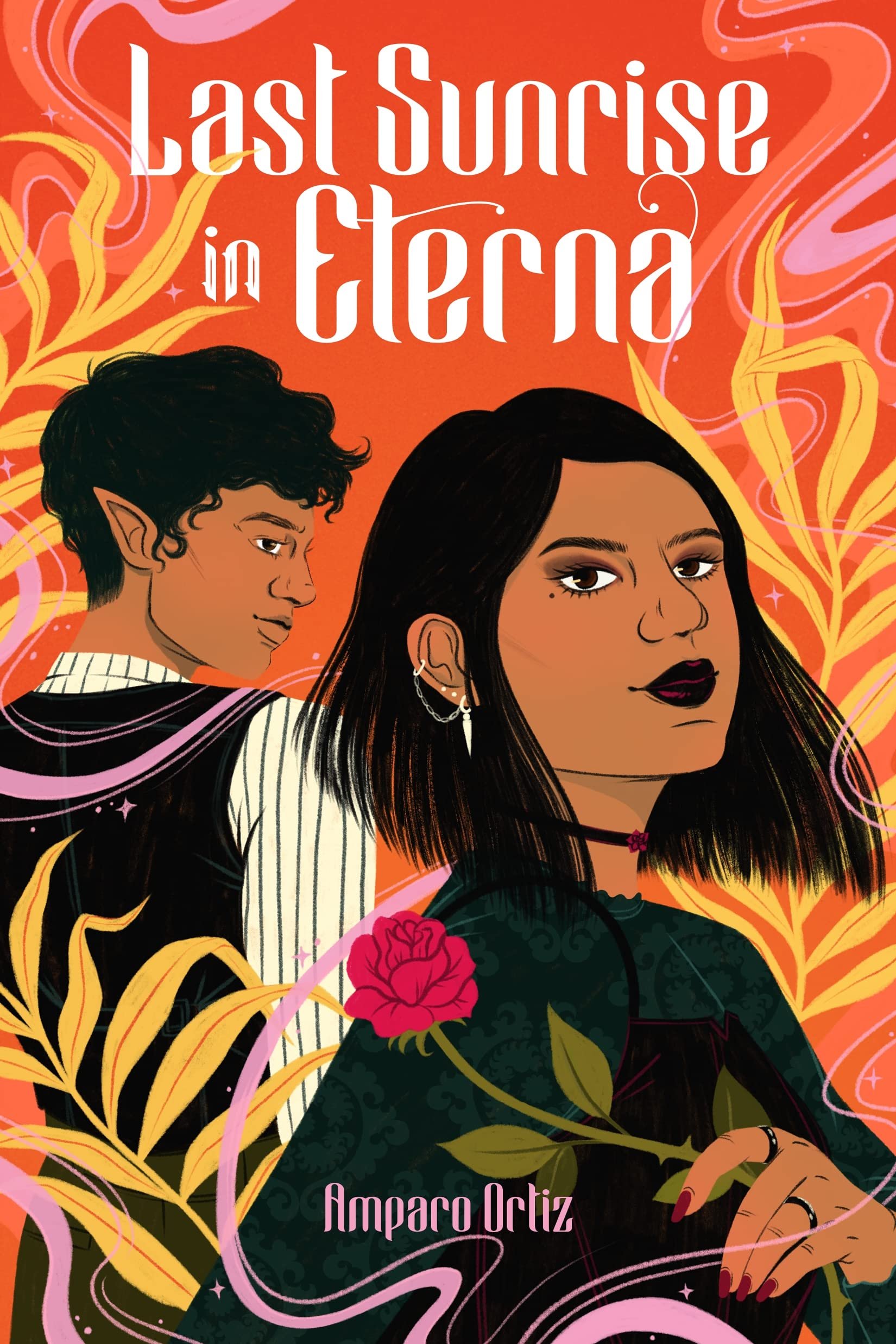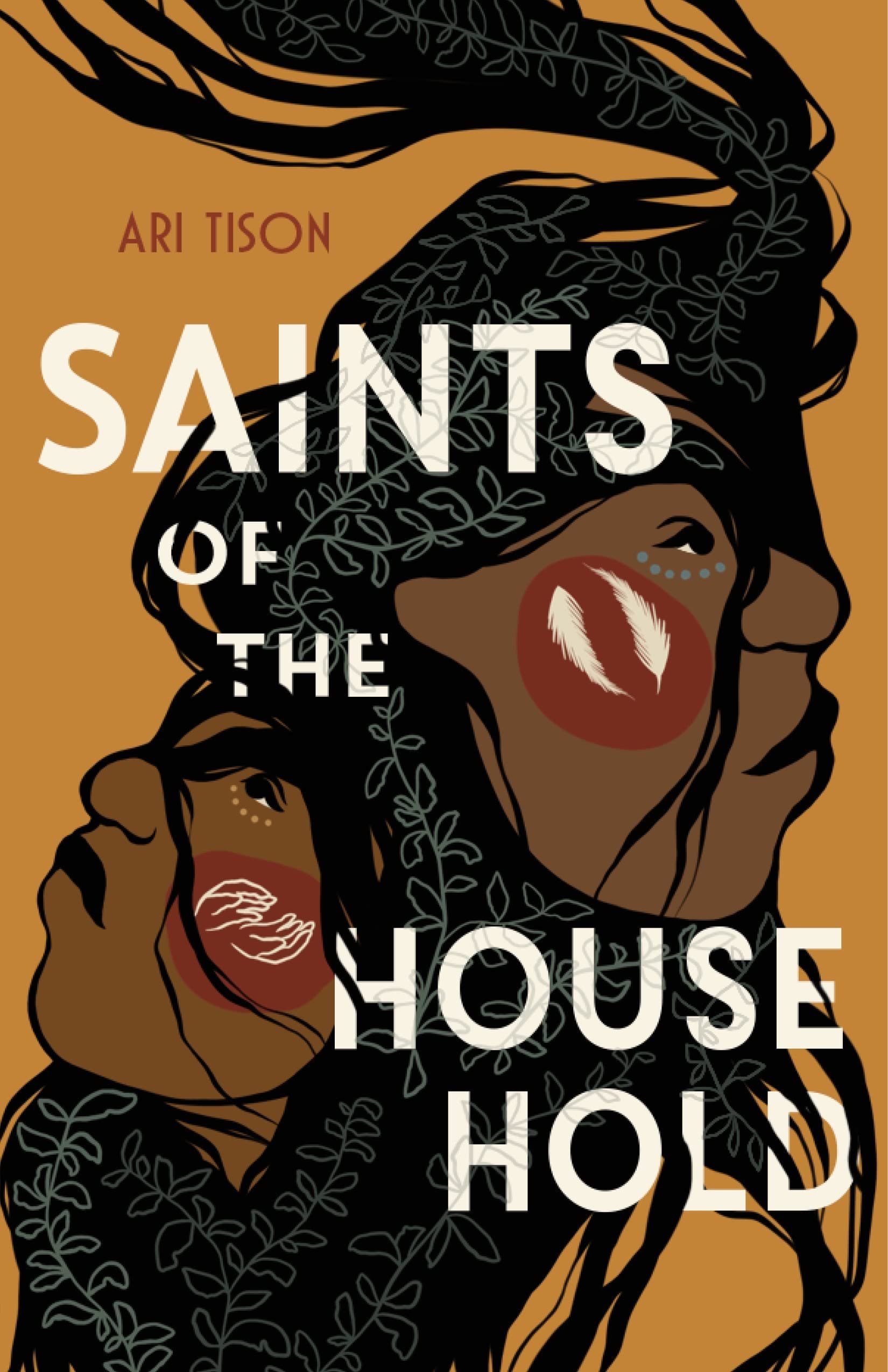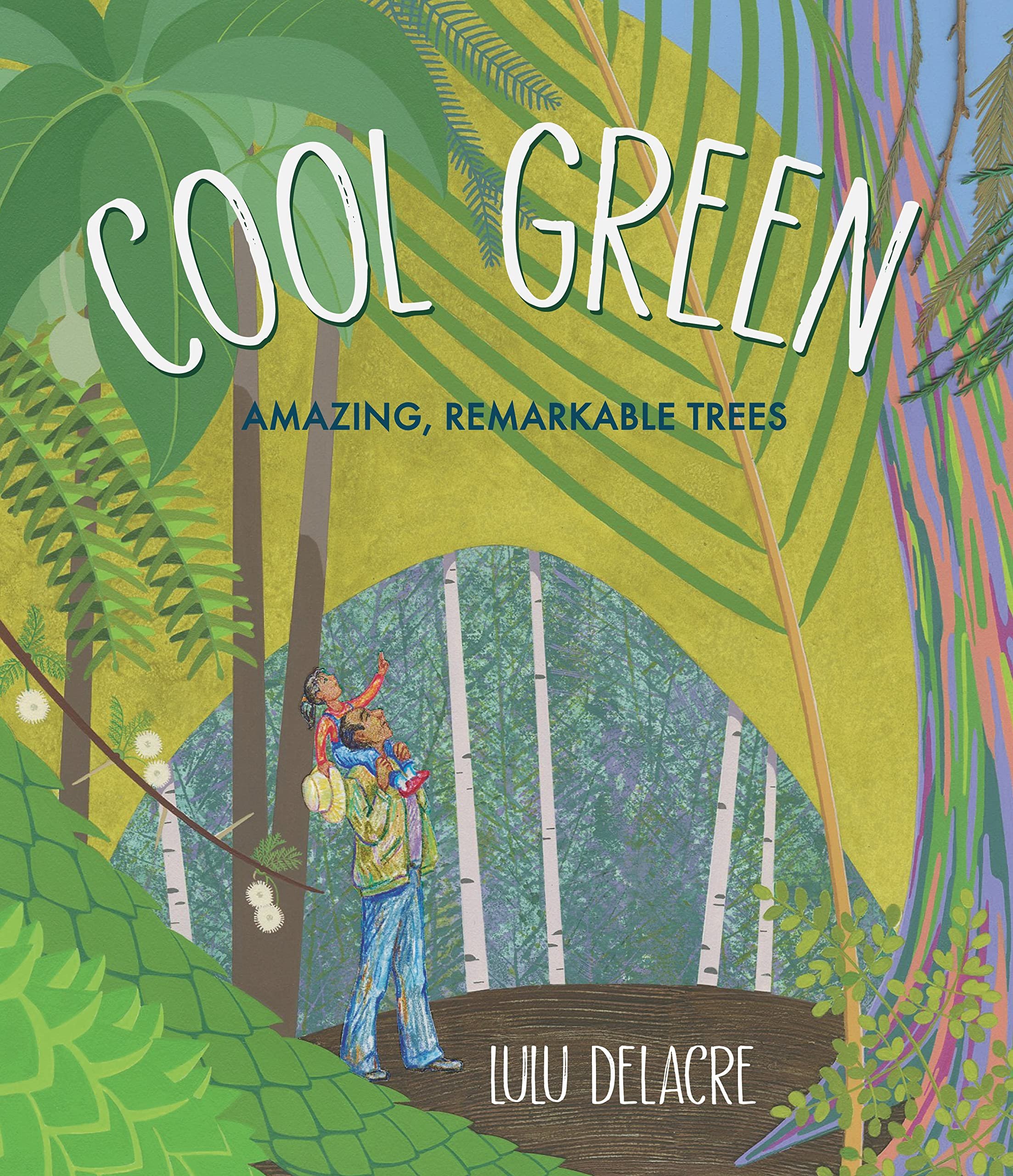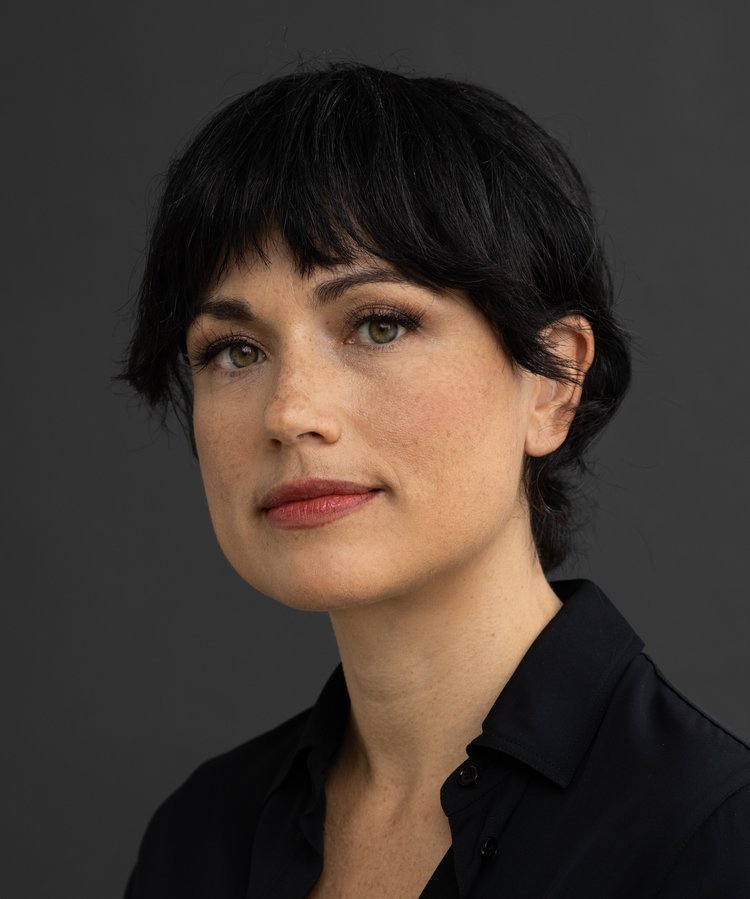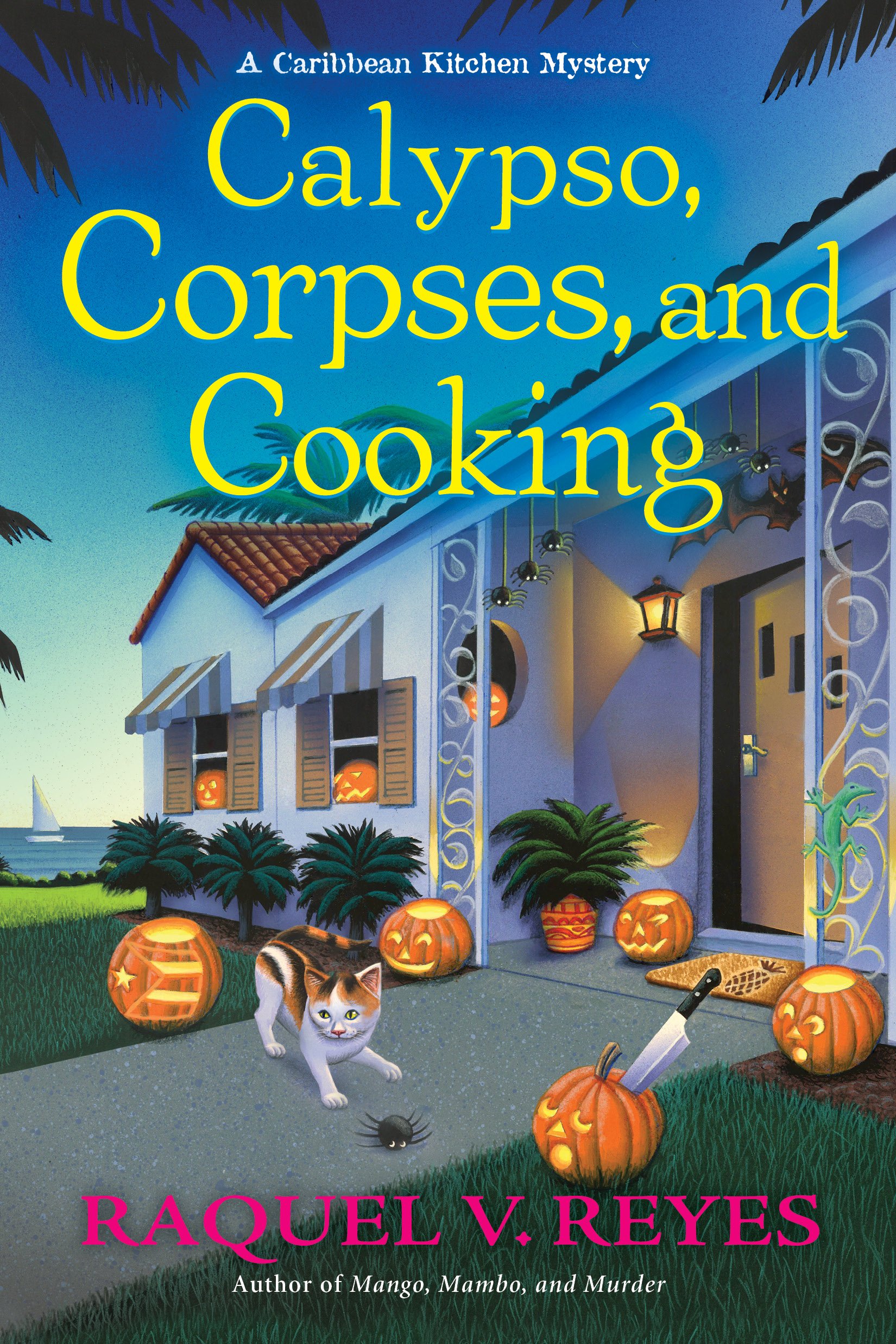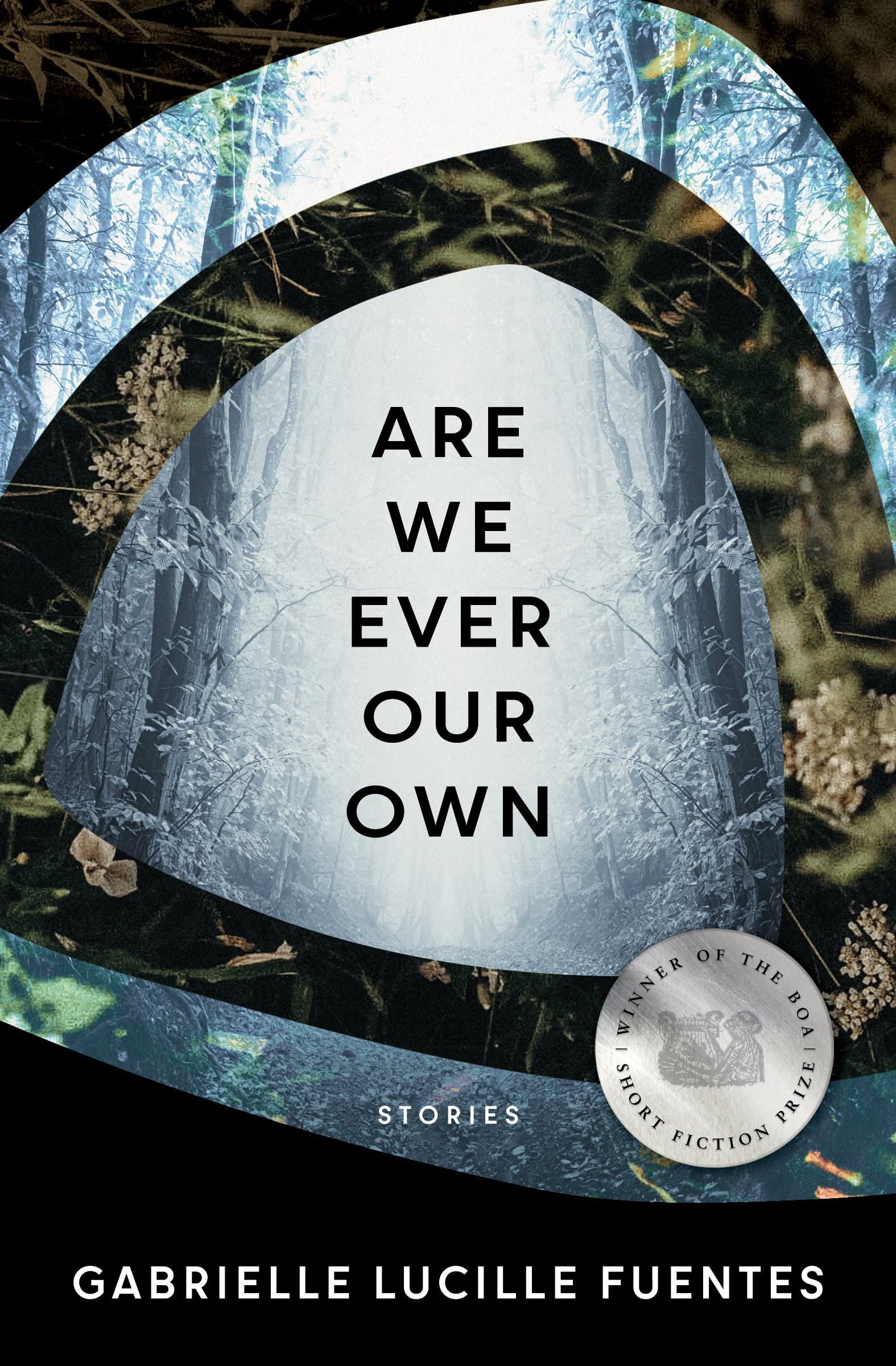ON SALE MARCH 7
Jovita Wore Pants: The Story of a Mexican Freedom Fighter by Aida Salazar; Illustrator Molly Mendoza| PICTURE BOOK
Jovita dreamed of wearing pants! She hated the big skirts Abuela made her wear. She wanted to scale the tallest mesquite tree on her rancho, ride her horse, and feel the wind curl her face into a smile
When her father and brothers joined the Cristero War to fight for religious freedom, Jovita wanted to go, too. Forbidden, she defied her father's rules—and society's—and found a clever way to become a trailblazing revolutionary, wearing pants!
What Happened to Ruthy Ramirez by Claire Jimenez | FICTION
The Ramirez women of Staten Island orbit around absence. When thirteen-year-old middle child Ruthy disappeared after track practice without a trace, it left the family scarred and scrambling. One night, twelve years later, oldest sister Jessica spots a woman on her TV screen in Catfight, a raunchy reality show. She rushes to tell her younger sister, Nina: This woman's hair is dyed red, and she calls herself Ruby, but the beauty mark under her left eye is instantly recognizable. Could it be Ruthy, after all this time?
The years since Ruthy's disappearance haven't been easy on the Ramirez family. It's 2008, and their mother, Dolores, still struggles with the loss, Jessica juggles a newborn baby with her hospital job, and Nina, after four successful years at college, has returned home to medical school rejections and is forced to work in the mall folding tiny bedazzled thongs at the lingerie store.
After seeing maybe-Ruthy on their screen, Jessica and Nina hatch a plan to drive to where the show is filmed in search of their long-lost sister. When Dolores catches wind of their scheme, she insists on joining, along with her pot-stirring holy roller best friend, Irene. What follows is a family road trip and reckoning that will force the Ramirez women to finally face the past and look toward a future—with or without Ruthy in it.
ON SALE MARCH 14
Amcient Night by David Bowles; Illustrator David Alvarez | PICTURE BOOK
Ancient Night is a twist on two Nahuatl traditions: the rabbit which the Feathered Serpent placed on the moon, and Yaushu, the Lord Opossum who ruled the earth before humans came, and who stole fire from the gods to create the sun. David Bowles displays his immense talent with full-color illustrations for the first time.
Will also be available in Spanish: Noche Antigua [9781646142545]
Aniana Del Mar Jumps In by Jasminne Mendez | MIDDLE GRADE
Aniana del Mar belongs in the water like a dolphin belongs to the sea. But she and Papi keep her swim practices and meets hidden from Mami, who has never recovered from losing someone she loves to the water years ago. That is, until the day Ani's stiffness and swollen joints mean she can no longer get out of bed, and Ani is forced to reveal just how important swimming is to her. Mami forbids her from returning to the water but Ani and her doctor believe that swimming along with medication will help Ani manage her disease. What follows is the journey of a girl who must grieve who she once was in order to rise like the tide and become the young woman she is meant to be. Aniana Del Mar Jumps In is a poignant story about chronic illness and disability, the secrets between mothers and daughters, the harm we do to the ones we love the most--and all the triumphs, big and small, that keep us afloat.
ON SALE MARCH 21
Lucha of the Night Forest by Tehlor Kay Mejia | YOUNG ADULT
A scorned god.
A mysterious acolyte.
A forgetting drug.
A dangerous forest.
One girl caught between the freedom she always wanted and a sister she can't bear to leave behind.
An edge-of-your-seat fantasy about a girl who will do anything to protect her sister—even if it means striking a dangerous bargain. Dark forces, forgotten magic, and a heart-stopping queer romance.
The Witch and the Vampire by Francesca Flores | YOUNG ADULT
A queer Rapunzel retelling. Ava and Kaye used to be best friends. Until one night two years ago, vampires broke through the magical barrier protecting their town, and in the ensuing attack, Kaye’s mother was killed, and Ava was turned into a vampire. Since then, Ava has been trapped in her house. Her mother Eugenia needs her: Ava still has her witch powers, and Eugenia must take them in order to hide that she's a vampire as well. Desperate to escape her confinement and stop her mother's plans to destroy the town, Ava must break out, flee to the forest, and seek help from the vampires who live there. When there is another attack, she sees her opportunity and escapes.
Kaye, now at the end of her training as a Flame witch, is ready to fulfill her duty of killing any vampires that threaten the town, including Ava. On the night that Ava escapes, Kaye follows her and convinces her to travel together into the forest, while secretly planning to turn her in. Ava agrees, hoping to rekindle their old friendship, and the romantic feelings she'd started to have for Kaye before that terrible night.
But with monstrous trees that devour humans whole, vampires who attack from above, and Ava’s stepfather tracking her, the woods are full of danger. As they travel deeper into the forest, Kaye questions everything she thought she knew. The two are each other's greatest threat―and also their only hope, if they want to make it through the forest unscathed.
Too Soon for Adiós by Annette Chavez Macias | ADULT
No one expects to meet their father at their mother's funeral. But for Gabby Medina, that's exactly what happens. Her dad abandoned her when she was a baby, and now he's back.
And he wants to give her a house.
Gabby doesn't want the house—or him. But she could use the money. So Gabby agrees to take it under two conditions: First, she can sell the house whenever she wants. Second, accepting it doesn't mean she accepts him.
After they strike a deal, Gabby hires a contractor in preparation for a quick sale. But as she gets to know the town and these two new men in her life, she learns more about herself than she ever dared to think possible.
But is she ready to open herself up to the truth of what happened—and the promise of what could be?
Brighter Than the Sun by Daniel Aleman | YOUNG ADULT
Every morning, sixteen-year-old Sol wakes up at the break of dawn in her hometown of Tijuana, Mexico and makes the trip across the border to go to school in the United States. Though the commute is exhausting, this is the best way to achieve her dream: becoming the first person in her family to go to college.
When her family's restaurant starts struggling, Sol must find a part-time job in San Diego to help her dad put food on the table and pay the bills. But her complicated school and work schedules on the US side of the border mean moving in with her best friend and leaving her family behind.
With her life divided by an international border, Sol must come to terms with the loneliness she hides, the pressure she feels to succeed for her family, and the fact that the future she once dreamt of is starting to seem unattainable. Mostly, she'll have to grapple with a secret she's kept even from herself: that maybe she's relieved to have escaped her difficult home life, and a part of her may never want to return.
ON SALE MARCH 28
Into the Light by Mark Oshiro | YOUNG ADULT
It's been one year since Manny was cast out of his family and driven into the wilderness of the American Southwest. Since then, Manny lives by self-taught rules that keep him moving and keep him alive. Now, he's taking a chance on a traveling situation with the Varela family, whose attractive but surly son, Carlos, seems to promise a new future.
Eli abides by the rules of his family, living in a secluded community that raised him to believe his obedience will be rewarded. But an unsettling question slowly eats away at Eli's once unwavering faith in Reconciliation: Why can't he remember his past?
But the reported discovery of an unidentified body in the hills of Idyllwild, California, will draw both of these young men into facing their biggest fears and confronting their own identity and who they are allowed to be.
Last Sunrise in Eterna by Amparo Ortiz | YOUNG ADULT
Seventeen-year-old goth Sevim Burgos hates elves. Everyone else on earth loves the elves (especially their handsome princes) and would give anything to participate in Eterna's annual Exchange, where three teens can trade their dreams for a week of elven magic.
But Sevim knows things most people don't. She can see through the illusions the elves use to conceal their crimes. Ever since elves killed her father, Sevim has longed for revenge. So to help support her single mother, she has been selling abandoned elf corpses on the black market.
But it turns out that the elf prince Aro has noticed Sevim bodysnatching, so he kidnaps her mother in retaliation. To get her mother back, Sevim must participate in the Exchange.
In the home of the elves, Sevim will have to surrender her dreams and put her trust in the charming prince who took the last family member she has in order to master the art of elf magic. And in working with him, she will discover how the royal elves might be more tied to her own history than she ever suspected.
Saints of the Household by Ari Tison | YOUNG ADULT
Max and Jay have always depended on one another for their survival. Growing up with a physically abusive father, the two Bribri American brothers have learned that the only way to protect themselves and their mother is to stick to a schedule and keep their heads down.
But when they hear a classmate in trouble in the woods, instinct takes over and they intervene, breaking up a fight and beating their high school's star soccer player to a pulp. This act of violence threatens the brothers' dreams for the future and their beliefs about who they are. As the true details of that fateful afternoon unfold over the course of the novel, Max and Jay grapple with the weight of their actions, their shifting relationship as brothers, and the realization that they may be more like their father than they thought. They'll have to reach back to their Bribri roots to find their way forward.
Cool Green: Amazing, Remarkable Trees by Lulu Delacre | PICTURE BOOK
As he works with his young granddaughter to nurture a potted sapling, a Latino landscaper shares his love and admiration of trees. From the extraordinary rainbow gum tree to the mighty, towering redwood, each of the thirteen specimens he tells of is a miracle of the natural world—and some are strange beyond the wildest imagining. Brimming with exuberance and color, this ode to trees of the world—and the vast knowledge of landscapers and gardeners—offers a feast for the eyes.
Right Girl, Wrong Side by Ginny Baird | ADULT
Busy flower shop manager Evita Machado can't wait to get to Nantucket. With a bad breakup behind her, relaxing at the shore with her folks and her brothers and their families sounds like the sure cure for heartache, and their vacation destination looks like an amazing place! But when they arrive at the quaint rose-covered cottage, another group has already put down stakes: the Hatfields.
Ryan Hatfield was Evita's former crush from high school, but their business rival moms refused to let them date. Now history professor Ryan is here for a week with his parents, who won them this oceanfront rental in a society silent auction. Once it's clear there's been a double-booking due to a bidding mistake, Ryan's mom digs in her heels, meaning to stay. When Evita's mom won't back down either, both sides tepidly agree to share the luxury accommodations by dividing the cozy space.
With the boisterous Machados livening things up and the strait-laced Hatfields tamping them down, can Evita and Ryan keep the peace between the warring factions while fostering a growing chemistry between the two of them?
Calling the Moon: 16 Period Stories from Bipoc Authors Edited by Aida Salazar and Yamile Saied Mendez | MIDDLE GRADE
An essential, highly relatable collection of short fiction and poems around the topic of menstruation, written exclusively by authors who are Black, Indigenous, and/or people of color
For Angela, it came on the basketball court—while playing on the boys' team. For Penny, it came on a lakeside field trip, inspiring some cringeworthy moments of humor. And to Layla's disappointment, it came at the start of her first fasting Ramadan, mandating that she take a "holiday." Whether their period's coming spurs silence or celebration, whether they are well prepared for it or totally in the dark, the young people in these sixteen stories find that getting a period brings not only changes to their bodies, but also joy, sorrow, and self-discovery. Featuring BIPOC contributors who are some of today's most talented authors in middle-grade fiction, from funny to heartbreaking to powerful, all of them reassuring readers that they are not alone in their period journey.





